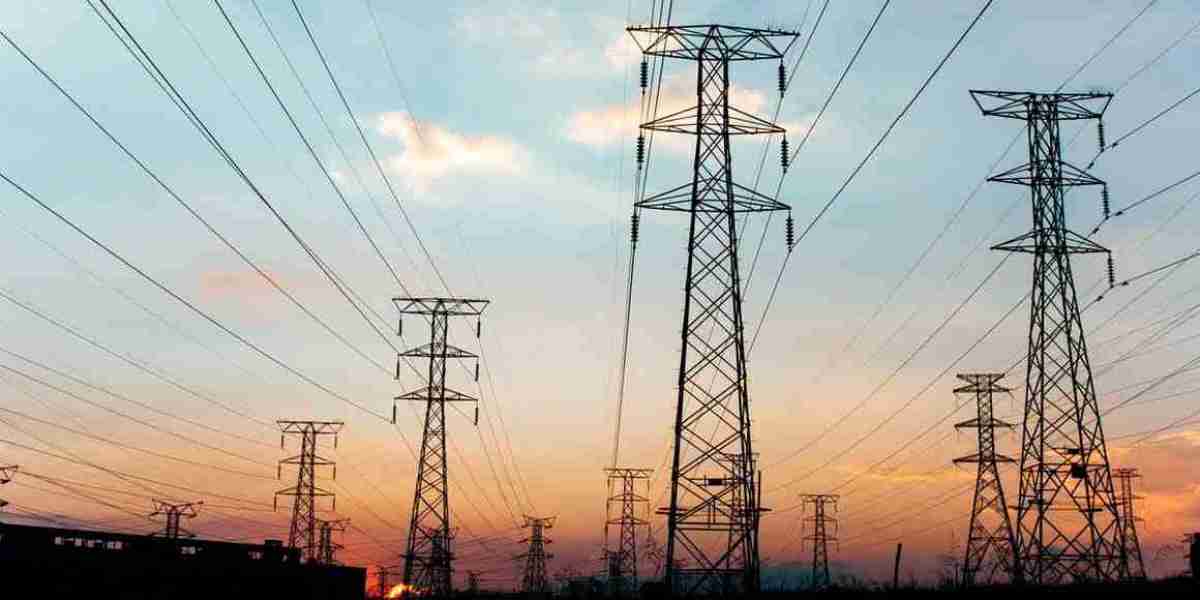he Energy and Petroleum Regulatory Authority (Epra) has expressed concern over the escalating energy crisis in Addis Ababa, saying it poses a power supply ‘risk’ to Nairobi and could call for renegotiation of the agreement signed in July 2022.

High tariffs charged by independent power producers have squeezed Kenya Power’s ability to lower the cost of electricity.
Kenya may be forced to renegotiate its 25-year power purchase agreement (PPA) with Ethiopia if the deepening electricity crisis in the Horn of Africa nation gets out of control.
The Energy and Petroleum Regulatory Authority (Epra) has expressed concern over the escalating energy crisis in Addis Ababa, saying it poses a power supply ‘risk’ to Nairobi and could call for renegotiation of the agreement signed in July 2022.
“As of now they (Ethiopia) have not given any notification to Kenya or to us the regulator that they are not able to meet the demand because these are contractual obligations. However, in terms of the security of power supply, yes, it is a risk,” the Authority’s chief executive Daniel Kiptoo told The EastAfrican in a telephone interview on April 9.
“From the security of power supply stand point it could be a risk because even if they (Ethiopia) pay you damages (for breach of contract) the reality is that there is a shortfall of power then we have to renegotiate. They have not defaulted on any delivery of power as of now but there is a risk.”
Ethiopia is one of only two countries from which Kenya imports electricity, with the other being Uganda.
Kenya signed up to buy power at 6.5 US cents per kilowatt for the first five years before it can be allowed to renegotiate, meaning the earliest the talks to review can happen is 2027.
The deal was meant to help Kenya edge out the expensive power from the national grid and ensure buffers to meet peak demand.
Kenya’s interconnection with Ethiopia is meant to ensure access to reliable and affordable energy to around 870,000 to 1.4 million Kenyan households of which 18 percent are located in rural areas.
However, Ethiopia is grappling with a sizeable electrification deficit, resulting in widespread power outages and weak access to electricity in rural areas.
The World Bank, in a press statement dated April 3, says Ethiopia has the third largest energy access deficit in Sub-Saharan Africa considering that about half of its population still without access to reliable electricity.
“The electricity deficit in Ethiopia continues to exacerbate the poverty situation, preventing far too many people from fulfilling their basic socio-economic needs and limiting access to opportunity,” says the World Bank.
“For Ethiopia to continue to ramp up electricity access through grid connections, it is essential that the electric utilities and backbone infrastructure are fit-for-purpose.”
Read: Ethiopia imports now account for 11pc of electricity on Kenya’s grid
The World Bank has launched a new programme to strengthen and expand the electricity network in Ethiopia, improve sector financial viability and enable renewable energy generation.
Under the Power Sector Reform, Investment and Modernisation in Ethiopia Programme, the Bank will partner with the government over the next 10 years with a financing envelope of up to $1.4 billion to help crowd in other development partners and the private sector in transforming the electricity sector.
The Bank already approved $522 million International Development Association credit towards the implementation of the first phase of the programme involving investments in critical infrastructure and sector reform actions to improve the overall ability of electricity utilities to add connections.
The Prime project will be implemented by Ethiopian Electric Utility and Ethiopia Electric Power, two fully government-owned public enterprises.
High tariffs charged by independent power producers have squeezed Kenya Power’s ability to lower the cost of electricity.
As a result, a presidential task force in 2021 recommended the freezing of new deals between Kenya Power and IPPs, saying existing deals needed to be renegotiated in a bid to allow Kenya Power lower bills on consumers.
The parliament also stopped Kenya Power from signing new deals with IPPs from April last year to pave the way for investigations into the existing agreements that have been blamed for expensive electricity.



